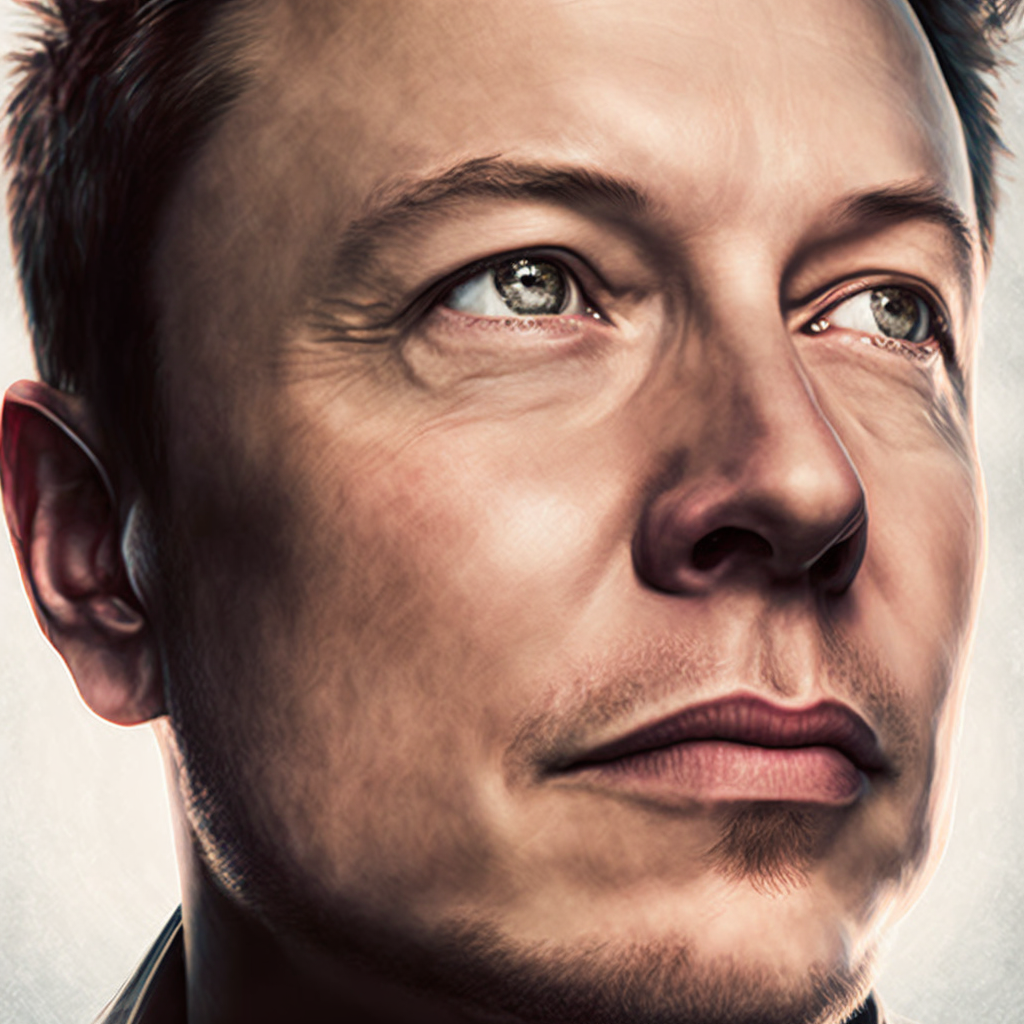1. Start the day with critical work.
Elon Musk generally starts his day at around 7 a.m. and begins by answering all his emails so he unblocks others waiting on his replies and feedback. He tries not to be a roadblock in the path of productivity for his employees.
Musk believes it’s crucial to focus on only the most important tasks that move you toward your goals.
“Focus on signal over noise. Don’t waste time on stuff that doesn’t actually make things better.” – Elon Musk
Find your most important task (MIT) for the day and work on it it first thing. Your MIT should be the one thing that creates the most impact on your work and moving toward your goals.
Prioritize your day starting with the most import tasks then tier down to less important as the day goes on.
2. Create a self feedback loop with continual self analysis.
“I think it’s very important to have a feedback loop where you’re constantly thinking about what you’ve done and how you could be doing it better. I think that’s a single best piece of advice. Constantly think about how you could be doing things better and questioning yourself is an important part.” – Elon Musk
If you want to be productive like Elon Musk you must be looking for ways to improve yourself and your processes every single day.
3. Analyze feedback to learn.
Elon believes feedback and criticism are the best way to be educated on what is wrong and also how to improve. He believes negative feedback is the most valuable as it is usually the most honest and has no filters and doesn’t spare feelings. Shortening the feedback loop with employees he believes also speeds up the innovation process.
4. Reason from first principles.
Musk reasons from first principles not experience or theories. He builds his knowledge from the ground up.
First principles thinking inverts complex problems to look at each step in a process or system. First principles seek to find errors as places for improvements by looking at the most basic principles that lead to success or failure.
Opinions, beliefs, assumptions, traditions, and predictions must be removed from analysis to see the essential core principles of a model or system. This is an approach that can look over the skewed filter of experience and see what the real drivers of success are.
5. Asynchronous ways of communication.
Asynchronous communication doesn’t occur in real-time like on a phone call, in person at a meeting, or live video conferencing. Examples of asynchronous communication are texts, emails, letters, and social media posts as there is space and time between the sending and receiving and doesn’t require real time interaction.
Elon Musk’s work ethic leads him to communicate on his own terms outside the boundaries of time and sequence which means defaulting to email and texts as his primary communication to his employees.
“I do love email wherever possible I try to communicate asynchronously, I’m really good at email.” – Elon Musk
Productivity comes from both focus and doing deep work and limiting communication through timing can help with this by eliminating unneeded interruptions.
A lot of efficiencies and time saving can occur with this type of communication.
6. Batch and multitask similar tasks together.
Elon Musk believes is strategic multitasking to create efficiencies with lower tier tasks that don’t require high levels of concentration. This is referred to as batching.
Examples are lunch with a meeting or reading emails during breakfast or lunch.
Tasks that require the same types of concentration should be batched together.
7. Scheduling time with a calendar not a to-do list.
Scheduling with a calendar and not a to-do list can help group daily, weekly, and monthly tasks together in more efficient and productive ways in large batches.
Examples are paying all bills at the same time monthly, working on all spreadsheets together at the same time weekly, or answering all communications at the same time each day like email, texts, and social media messages.
This higher level planning allows more efficiencies with the same types of tasks and lowers the friction of lost concentration during task switching.
8. Set stretch goals for growth.
“The first step is to establish that something is possible; then probability will occur.” – Elon Musk
Set big tasks with crazy deadlines. Most of the time because your goal is so high you will most likely do better than not doing it at all. Adjust as you go, to zero in on your goal.
“I say something and then it usually happens, maybe not on schedule, but it usually happens.” – Elon Musk
9. Develop a growth mindset.
Create a mental framework where you believe you can always learn more about anything. Be willing to keep failing and changing until you accomplish your goals. Failures and struggles must be seen in the context of learning lessons and points for growth. Learning more helps you even through failures.
A growth mindset doesn’t believe that abilities and intelligence are fixed to their current levels but instead can be developed and improved upon with education, work, and goal setting. A growth mindset looks at future potential learning and improving and strives for growth in all areas of life through work, education, exercise, entrepreneurship and self improvement.
A growth mindset is a primary key to success in any business venture as you are creating something out of nothing in most cases.
10. Develop a wide knowledge base.
View knowledge as a tree with branches. Or as a T shape, becoming an expert on one big overall subject area is the core of a career, however it’s also important to be well read and educated with broad knowledge in other similar topics so integration is possible across domains. Understanding a wide array of topics can help create a confluence of usefulness as you can combine them to create new variations on products and services.
Elon Musk is a great example of a wide knowledge base as he completed both a Bachelor of Arts degree in physics from the University of Pennsylvania and a Bachelor of Science degree in economics from the Wharton School. Musk is able to see through the filters of both science and economics. This gives him unique insights into things like not only the components needed to build rockets but also how to make them through production processes as efficiently and at the lowest cost that’s possible.
These ten principles help amplify Elon Musk’s strong work ethic and pursuit of his highest goal of putting people on Mars in his lifetime. They can also helpful anyone become more productive toward their own goals.

